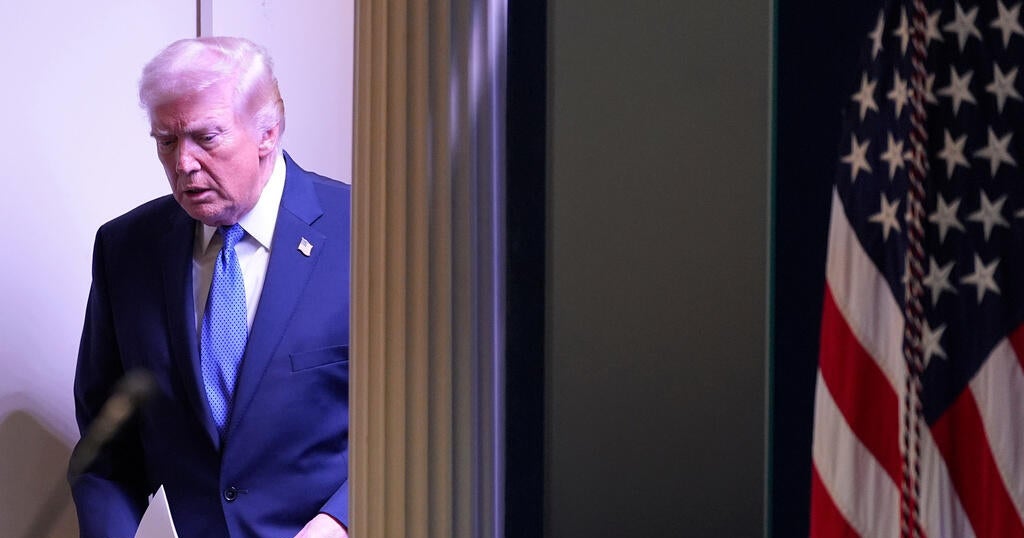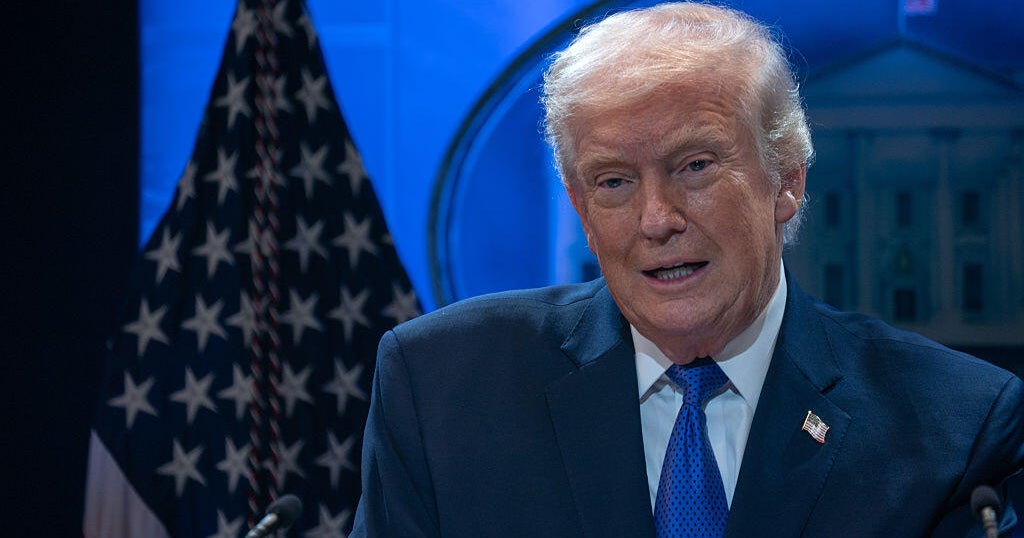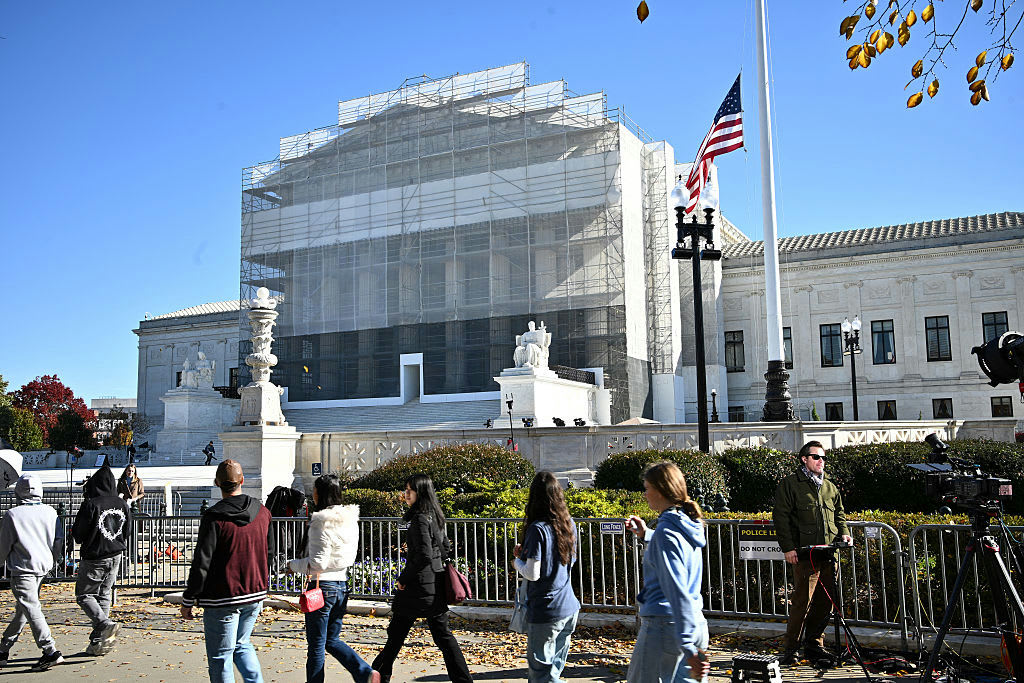Trump remarks on China trade deadline leave room for progress
President Donald Trump's remarks on Tuesday that a March 1 deadline isn't a "magical date" to reach a trade agreement with China leaves wiggle room for progress as negotiations underway this week move to higher level officials tomorrow.
The discussions follow talks in Beijing last week in which U.S. officials said some progress was made on difficult issues such as China's blueprint for making its industries world leaders in advanced technologies like robotics and artificial intelligence.
Mr. Trump and his advisors are reportedly considering meeting with China's President Xi in coming weeks, with such a meeting acting as a deadline for a deal, the Wall Street Journal reported.
"They are very complex talks. They're going very well," Mr. Trump told reporters Tuesday.
Tariffs on $200 billion in Chinese goods are set to grow to 25 percent from 10 percent unless the U.S. and China come to agreement. U.S. Trade Representative Robert Lighthizer had previously said March 1 was a "hard deadline" for the U.S. and China to come to terms. That date was set after Mr. Trump and Xi met in Argentina and the U.S. put a 90-day pause on tariff increases to negotiate.
The Chinese State Councillor Wang Yi told the delegation of U.S. business leaders and former officials in Beijing on Tuesday that the U.S. should respect China's right to develop and become prosperous, according to Reuters.
Mr. Trump has previously threatened to tax every single Chinese good coming into the U.S., roughly another $250 billion if agreements can't be reached. Tariffs are taxes paid by companies, not countries, to import goods and services.
The U.S. delegation is relatively split between the "free traders," including Treasury Secretary Steven Mnuchin and Larry Kudlow, the president's chief economic advisor, and "the protectionists," including Peter Lighthizer, trade advisor Peter Navarro and Commerce Secretary Wilbur Ross, Height Capital analyst Clayton Allen said in a note.
"We expect this ideological divide among U.S. negotiators will ensure that talks with Liu He and his delegation continue to progress but do not reach completion this week," Allen wrote.
The U.S. has accused China of unfair trade practices such as forcing companies to transfer technology to their operations in China in order to do business there, known as forced technology transfers, something China has denied. Mr. Trump is using tariffs as a negotiating tool, invoking laws not used in decades to levy them against imports from China, the U.S.'s biggest trading partner, as well as traditional allies.
Mr. Trump's trade war with Beijing may be starting to take a toll both at home and in China, even though the White House is holding back on additional tariff measures while the two sides try to negotiate a deal.
So with enough progress made this go-around, talks could be extended enough to reach a deal as soon as next month, XD Chen, chief China economist at BNP Paribas. wrote in a note.
"We remain confident in expecting a reasonable trade deal either in March or before May, with March more likely," he said.
One sign of progress -- an increase in the value of China's currency, the yuan. The U.S. wants a stable yuan as part of a deal, Bloomberg reported late yesterday.
"In effect, neither side wants to see a significant fall in the yuan, with Washington worried it would blunt the impact of its tariffs, and Beijing wary of adding to outflow pressure" or foreign currency exchange "instability," UBS strategists said in a client note.
-- The Associated Press contributed to this report.



